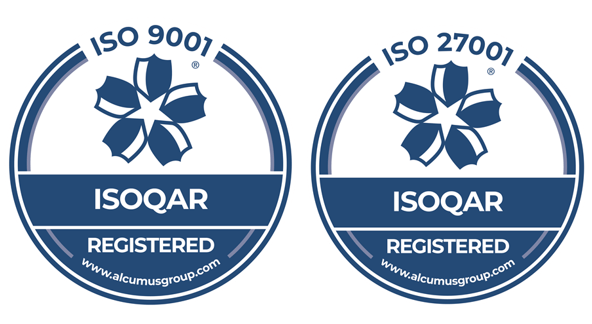Providing a set of user-centred outputs to support the delivery of a new, intuitive domain management software solution.
Com Laude provide a client-shaped experience to brand owners seeking strategic domain name services and are one of the industry’s most trusted providers of domain name and registry management services. The client required assistance in defining an upgrade plan for their existing software systems that would deliver a contemporary designed, multi device supported intuitive customer experience, while aligning and integrating disparate processes, services and philosophies across the teams.
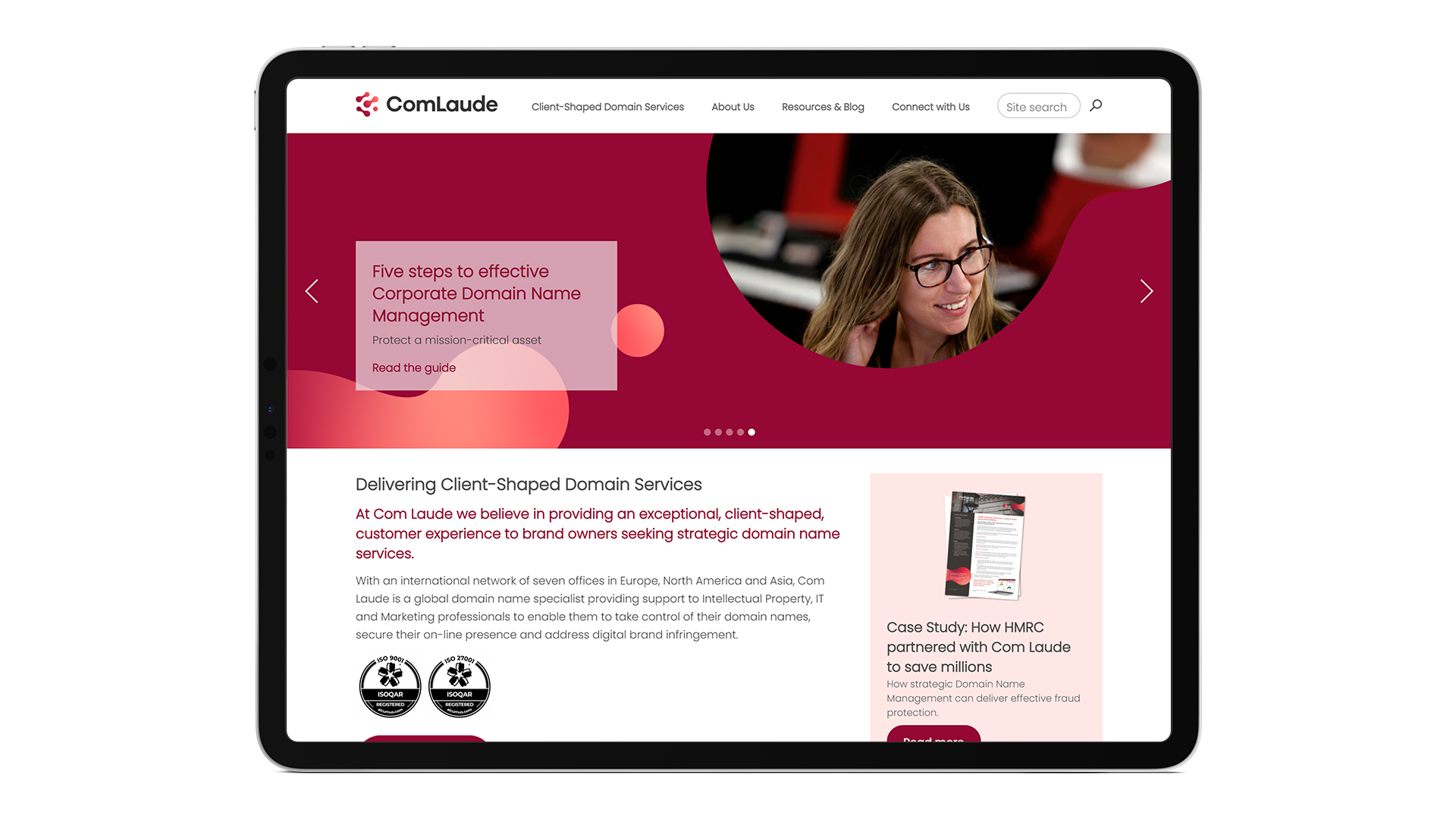
To support Com Laude in these objectives Box UK embarked on a user-centred agile discovery project, beginning with a series of activities including stakeholder interviews, user observation and feedback, and in-depth analysis. The data captured here helped provide a clear picture of existing business processes and the current technology ecosystem, and informed valuable strategic outputs to guide future phases of the project, including an overarching product vision and detailed user story maps.
Box UK then worked with Com Laude to define a Minimum Marketable Product (MMP) that would deliver against their priority requirements, along with an interactive prototype demonstrating the potential look, feel and behaviour of the solution. As a result, the client now has the insight needed to make informed decisions about future development plans, as well as the skills and tools needed to work in a more user-centred way as they continue to evolve their digital offering.
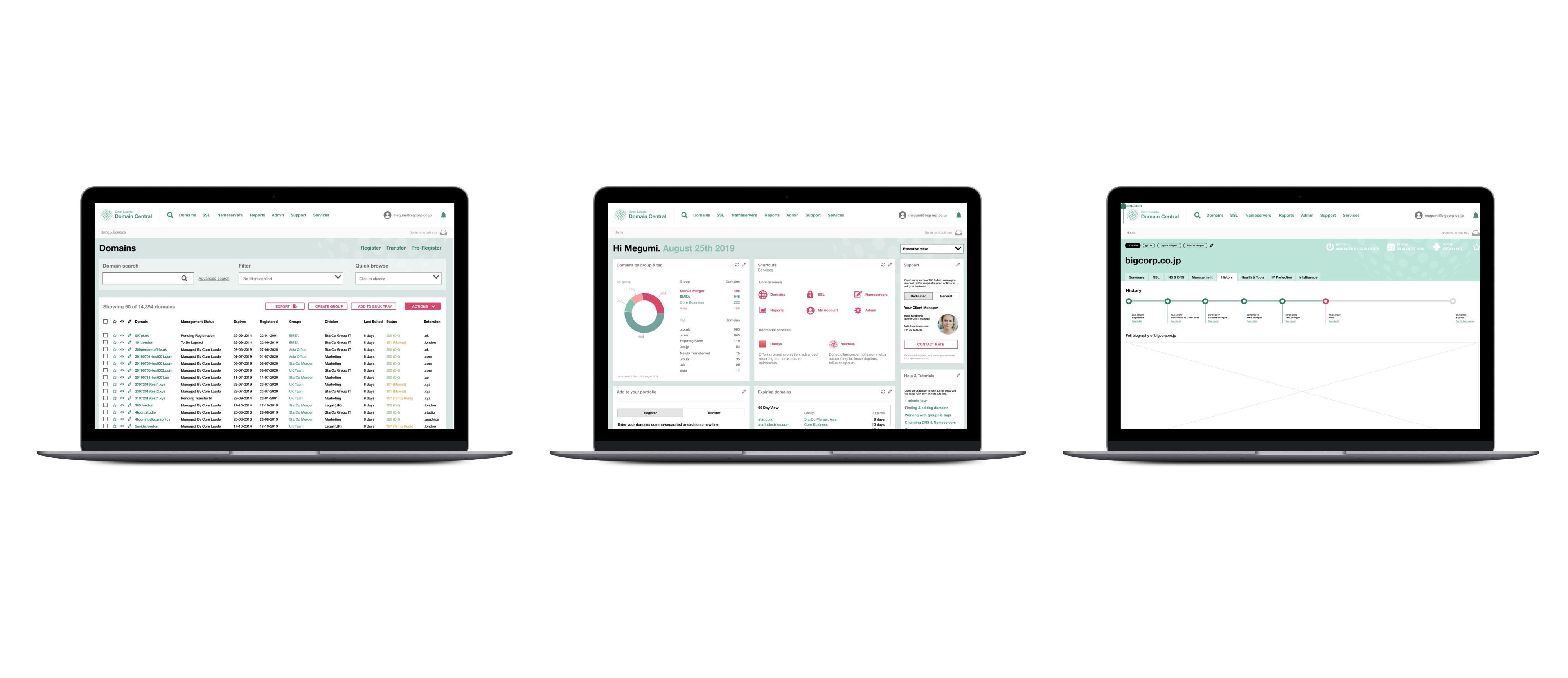
Scoping the problem
To build a shared understanding of the project’s scope, Box UK’s consultants created a tailored programme of discovery activities including:
- 22 stakeholder interviews
- Customer surveys
- Site analytics
- Product walkthroughs
- User observation
- Peers, Innovators and Competitors analysis
- SWOT assessment
- Technical landscape evaluation
This enabled all areas of the business to provide input into how the current systems affected or aided their day-to-day work and uncovered vital information on the desired goals of any future software system, to pave the way for future development work. By involving a range of stakeholders from a very early stage these activities also fostered greater levels of buy-in to assist in the ultimate success of the project, and ensured that all priority requirements could be addressed in the proposed solution.

Importantly, the discovery activities focused on the real-world needs and behaviours of Com Laude’s customers, helping embed a user-centred way of working within the client organisation. This was further supported through User Experience (UX) analysis that highlighted good examples of user-centred design both from Com Laude’s competitors and across the wider digital landscape, and a SWOT assessment that demonstrated the value of user-centred design in delivering higher levels of customer satisfaction and measurable business gains.
Defining the future vision
Box UK’s consultants continued to collaborate closely with Com Laude as they produced valuable outputs that consolidated the understanding of the current ‘as-is’ situation and the future ‘to-be’ state. These included an overarching product vision that could be referred to throughout the project, detailing key information such as who the software would need to serve, key tasks to be accommodated, desired outcomes for both Com Laude and its customers, and the expected lifespan of the product.
The product vision was supported by large-scale agile user story maps detailing the various user journeys within and across the system. In defining these journeys Box UK and Com Laude could then surface the features and functionality required to serve user needs, helping ensure the software would be built with users at its heart.

User-centred values were further embedded into the process during this phase through the creation of detailed personas representing Com Laude’s customers and middle-users. Distilling quantitative and qualitative research into easily-referrable examples, these personas can be used throughout the subsequent stages of the project to ensure core user requirements are being met, along with any specific attributes such as accessibility needs, existing levels of technical knowledge, and user experience and design preferences.
Assets to guide future development
To enable Com Laude to bring their upgraded proposition to market as quickly as possible, Box UK’s consultants created a definition for a Minimum Marketable Product (MMP), drawing on the previous user story mapping activity to determine priority items for inclusion. These included core functionality from the existing systems, valuable new features including reporting, client support and multilingual support, and tactical UX improvements to align with customer expectations.
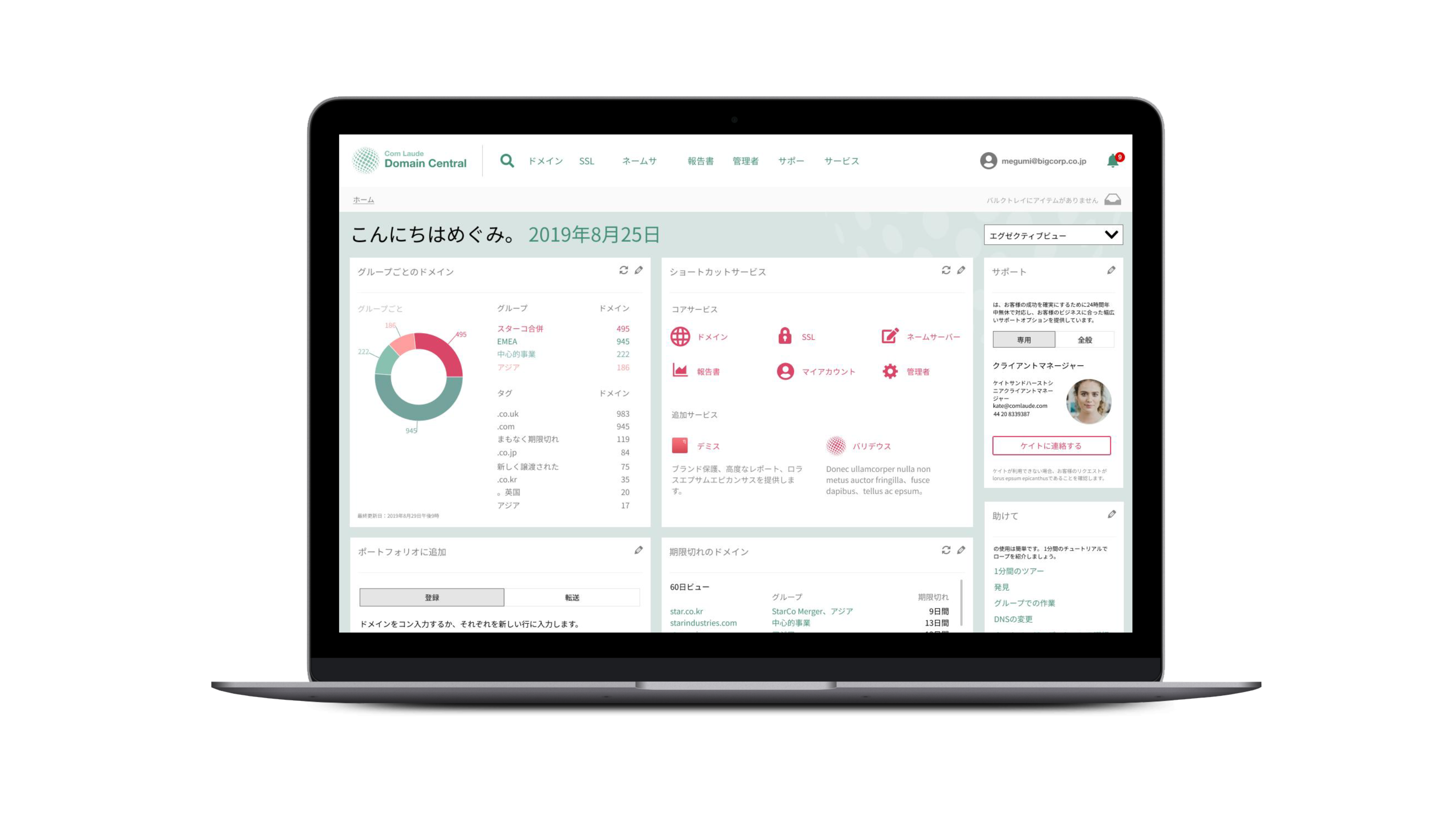
Research was also undertaken to understand whether there were existing software solutions to meet Com Laude’s needs – both from within their existing portfolio and in the wider marketplace – to inform a recommended strategic development roadmap that would shorten time to market while allowing for future scalability and diversification.
Alongside the MMP, Box UK’s consultants also defined a UX strategy and Information Architecture (IA) for the proposed solution. To bring this to life for the client an interactive prototype was created to show how the system might look, feel and behave across key pages and interactions, and to help validate technical and design decisions before beginning development.
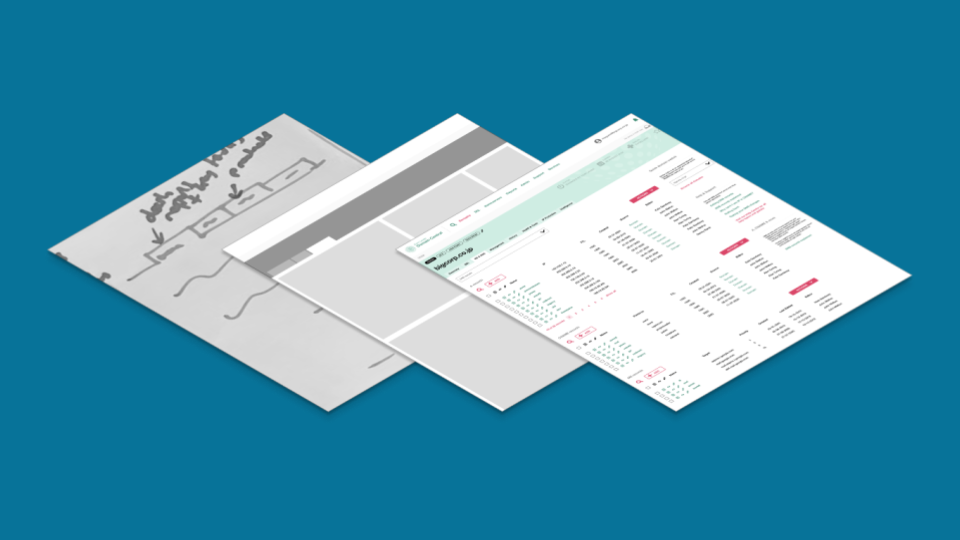
A long-term, user-centred roadmap
Box UK’s engagement with Com Laude provided the client with a wealth of valuable insight and assets to support them in their journey to become the market leader in domain and brand management. They now have a clear picture of the short- and long-term development activity required to create a software system that serves both their customers and internal users, enabling them to effectively plan for the future and mitigate against any potential risks.
The holistic approach taken throughout discovery also helps ensure that every part of the business is prepared for the future, and has helped establish a culture of user-centred design that will drive the ongoing development of products and services that respond to emerging customer needs, UX improvement opportunities and marketplace trends.

